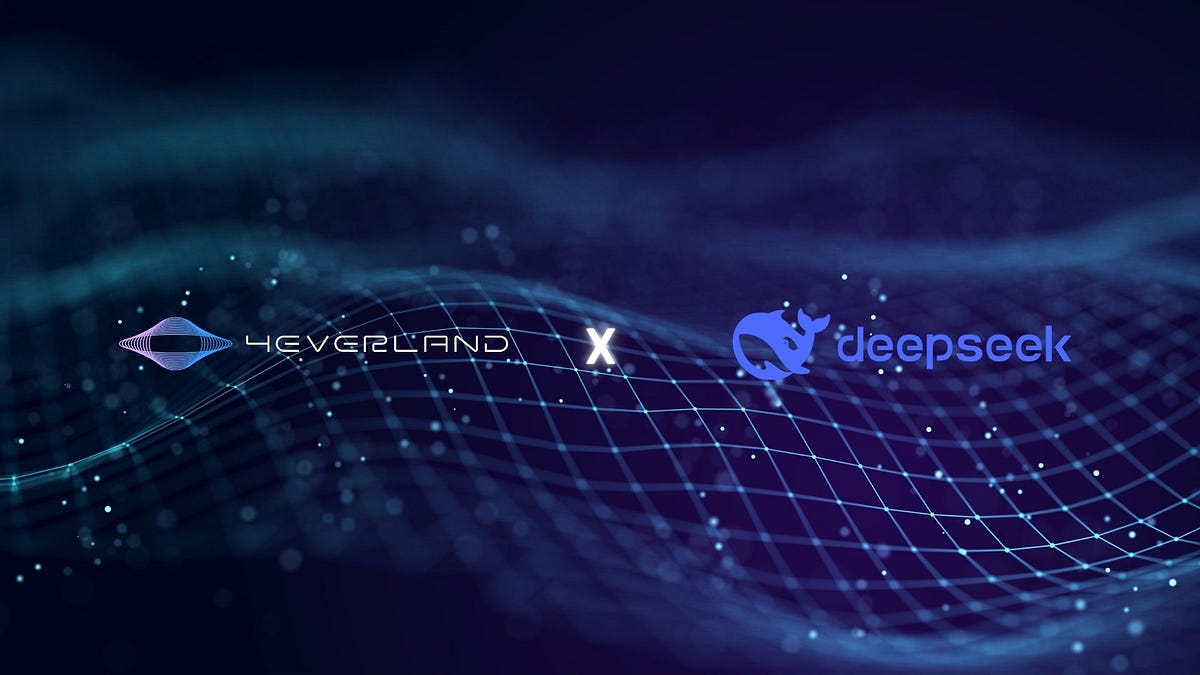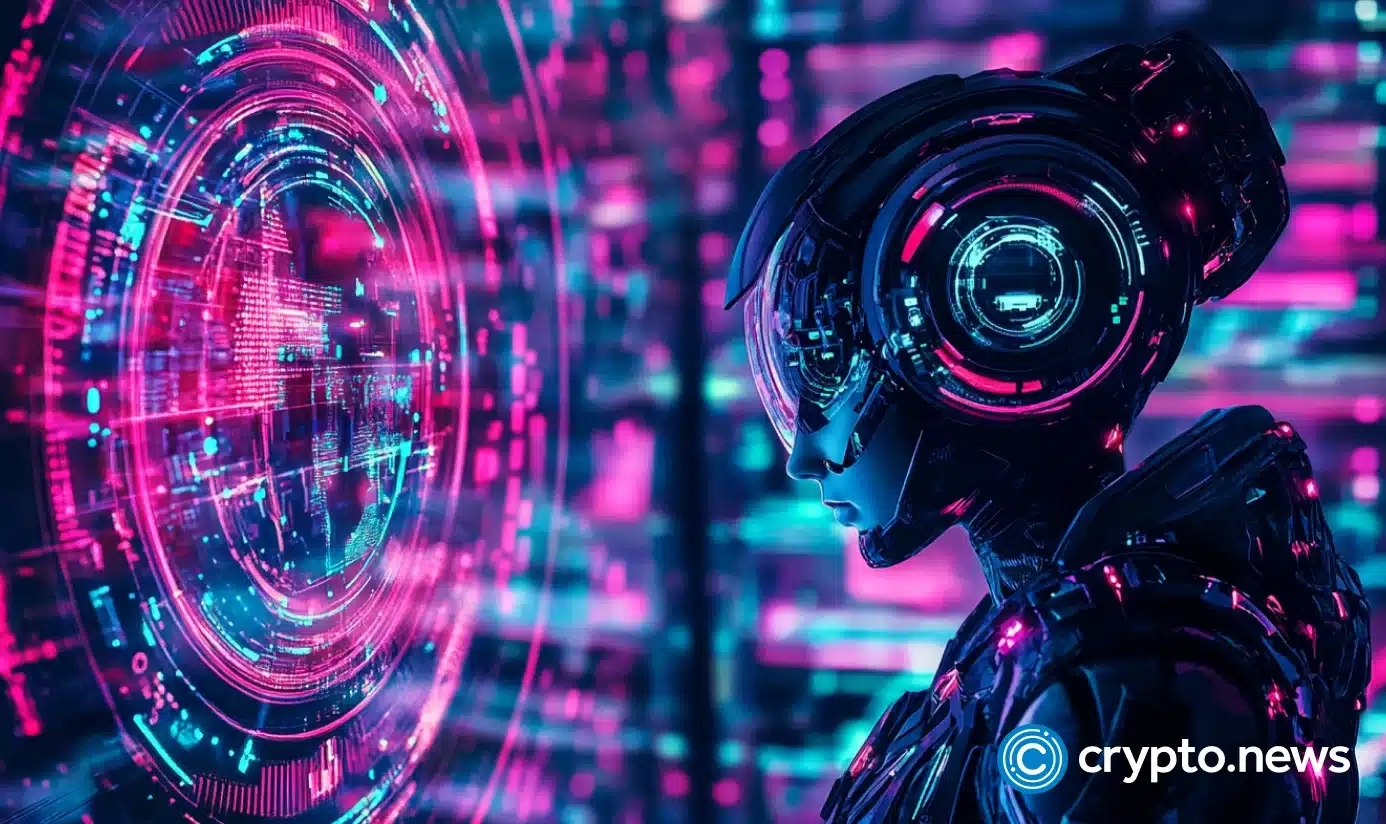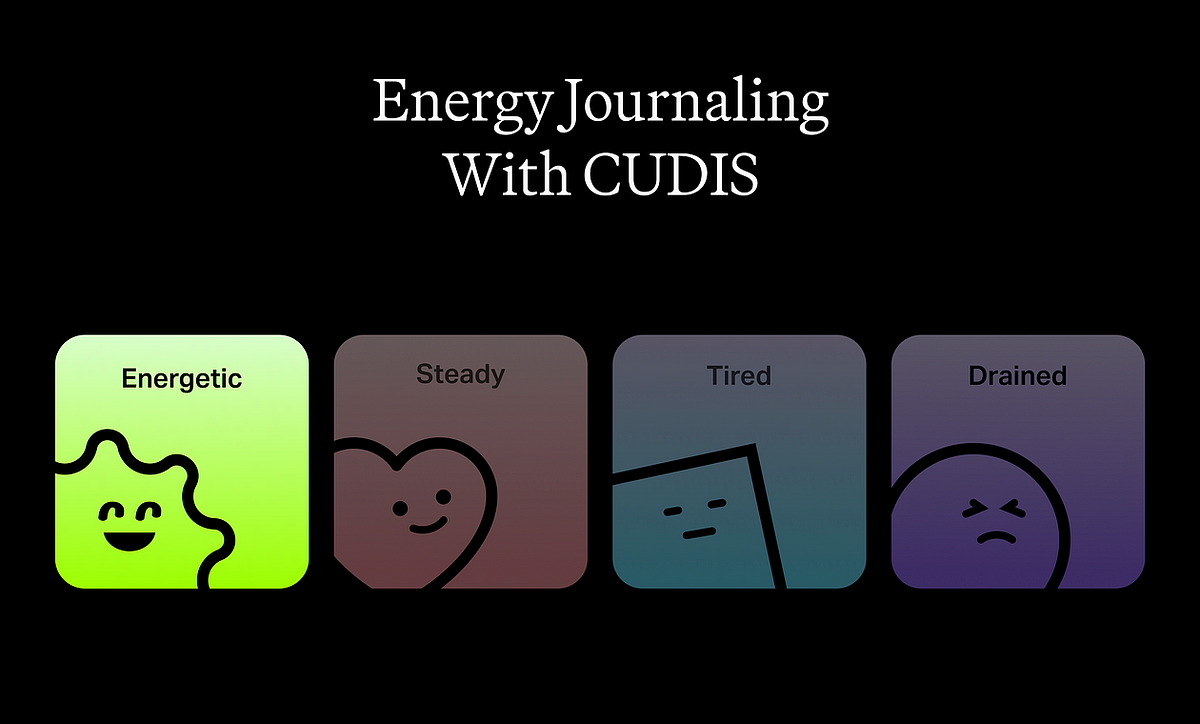Latest DePIN AI News
View AI Projects
9 months ago
4EVERLAND AI RPC and 4EVER Chat: A New Era in AI Model Integration
The recent integration of 4EVER Chat into the Awesome DeepSeek Integration represents a pivotal advancement for the 4EVERLAND AI RPC infrastructure. This collaboration establishes AI RPC as a "highway for models," enabling developers to access both DeepSeek and over 200 large language models (LLMs) through a single API. With industry-leading stability and speed, 4EVERLAND AI RPC enhances the DeepSeek model by providing an enterprise-grade decentralized network layer. Furthermore, 4EVER Chat stands out as the first AI Agent framework that supports multi-chain private interactions, allowing developers to create compliant AI applications without depending on third-party services. This integration signifies a significant convergence of Web3 and AI infrastructure, offering developers seamless access to the DeepSeek model while challenging the dominance of traditional cloud computing giants in AI computation power.
In the current landscape of artificial intelligence and big data, the multitude of AI models available can make it challenging for developers to choose the right one for their specific needs. The complexities involved in deploying large-scale open-source LLMs can also hinder market entry. 4EVERLAND addresses these challenges by providing a standardized AI RPC API that simplifies the integration of AI functionalities into applications. This streamlined approach allows businesses to enhance their services, improve operational efficiency, and deliver personalized user experiences through tailored AI solutions. By utilizing AI RPC, enterprises can significantly reduce the complexities associated with deploying LLMs, making it an essential tool for enhancing applications, services, or research projects.
The integration of AI RPC and 4EVER Chat aims to create an ecosystem akin to an "electric grid" for AI applications. Developers gain on-demand access to LLM capabilities without the need for in-house infrastructure, while model providers like DeepSeek function as "power plants," generating revenue through network effects. This innovative approach allows enterprises to shift from self-sufficiency to leveraging an intelligent grid, focusing on innovation rather than operational burdens. By standardizing model deployment and emphasizing cost-efficiency and performance optimization, 4EVERLAND and DeepSeek are democratizing access to AI, making LLMs more accessible to developers across various sectors.

9 months ago
Render Network Explores Decentralized AI Innovations at ETH Denver 2025
The Render Network has made significant strides in decentralized AI and DePIN (decentralized physical infrastructure networks) at ETH Denver 2025. This event underscored the increasing relevance of decentralized AI in real-world applications, with Render Network leading discussions on the integration of blockchain, AI, and decentralized computing. A highlight was the co-hosted event "DeAI Day: Dawn of the Agents," where industry leaders such as MorpheusAI and VeniceAI convened to explore the synergy between DePIN and decentralized AI protocols, particularly focusing on the emergence of on-chain AI agents. Trevor Harries-Jones from Render emphasized the efficiency of distributed GPUs in managing AI workloads, thereby enhancing accessibility for decentralized AI development.
During the mainstage discussions, Render Network's AI scout, Paul Roales, participated in a panel titled "Bitcoin for AI: The Poster Children Catalyzing Decentralized Intelligence." This panel highlighted the critical role of decentralized computing in the AI economy, particularly in powering on-chain agents and scaling consumer AI applications. Roales pointed out the growing capabilities of consumer GPUs, which are essential for democratizing access to AI technologies. The discussions also included Render Network's participation in IoTeX’s "DePIN ❤️ AI" event, where Phil Gara elaborated on the transformative impact of decentralized infrastructure on various sectors, including AI, gaming, and finance.
The conversations at ETH Denver extended to envisioning the future of DeAI and AI agents. Tristan Relly from Render Foundation stressed the importance of decentralization in keeping AI models open and accessible, while Gara highlighted how DePINs could foster user-owned AI systems through token incentives. Looking ahead, Render Network is gearing up for RenderCon 2025, where they will further explore the intersections of 3D technology, AI, and GPU computing, featuring insights from industry leaders on the future of creativity and technology integration.

9 months ago
ETHDenver 2025: A Turning Point for DePIN and AI in Crypto
ETHDenver 2025 showcased a vibrant mix of energy and innovation, particularly highlighting the advancements in Decentralized Physical Infrastructure Networks (DePIN) and artificial intelligence (AI). The IoTeX team, including Giuseppe De Luca, Aaron Basi, and Larry Pang, shared their insights during an X Space debrief, emphasizing the event's dual nature as both a celebration and a reality check for the crypto industry. While some projects demonstrated tangible progress, others appeared to be struggling to maintain relevance in an evolving landscape. The discussions at the event underscored the importance of real-world applications and sustainable business models moving forward.
A significant highlight from IoTeX's participation was the R3al World event, which focused on the intersection of DePIN and AI. Key announcements included the integration of GEODNET with ioID, which aims to enhance on-chain verifiable physical AI, and demonstrations of privacy-focused technologies like NovaNet's embedded zero-knowledge proofs on Raspberry Pi devices. The event also featured engaging fireside chats, including one between IoTeX's Larry Pang and industry experts, discussing the future of physical AI and the economic realities of DePIN. These conversations emphasized the necessity for decentralized networks to provide reliable, real-time data to support AI applications and the importance of creating viable economic models beyond mere token incentives.
The overarching theme of ETHDenver was a shift towards real-world utility and revenue generation within the DePIN space. IoTeX's Aaron Basi noted that the focus is now on projects that solve actual problems and generate revenue, moving away from speculative ventures. This evolution is evidenced by the rise of hyper-specialized networks and AI-driven insights that cater to specific market needs. While ETHDenver had its standout moments, it also revealed the industry's growing pains, including regulatory uncertainties and a lack of groundbreaking innovations. As the crypto landscape matures, the emphasis is clearly on creating practical applications that deliver real value to users and businesses alike.

9 months ago
Coinbase Adds Aethir and Maple Finance to Listing Roadmap, Prices Surge
Coinbase has recently announced the addition of two promising tokens, Aethir (ATH) and Maple Finance (SYRUP), to its listing roadmap, which has led to significant price surges for both digital assets. This announcement was made via a post on the social media platform X, highlighting Coinbase's commitment to transparency and preventing front-running of tokens prior to their official listing. The inclusion in the roadmap suggests that these cryptocurrencies may soon receive support from the popular exchange, prompting investors to take notice.
Following the announcement, Aethir's price skyrocketed from a low of $0.0318 on March 6th to a peak of $0.0435 on March 7th, marking an impressive gain of approximately 36.79%. Similarly, Maple Finance experienced a surge, rising from $0.137 on March 7th to $0.193 on March 8th, which translates to a 40% increase. However, both tokens have since retraced their gains, with current valuations at $0.0371 for Aethir and $0.165 for Maple Finance.
Aethir is a decentralized cloud computing protocol launched in June 2024, designed to enhance high-performance graphics processing unit (GPU) capabilities for AI applications and blockchain-based video games. On the other hand, Maple Finance, established in 2021, operates as a borrowing and lending protocol that facilitates under-collateralized loans for borrowers and allows lenders to earn yields by providing liquidity. The recent developments underscore the growing interest in AI and DeFi sectors within the cryptocurrency landscape.

9 months ago
Hivello Integrates with Nosana to Enhance GPU Earnings and Expand DePIN Opportunities
Hivello Holdings Ltd has announced its integration with the Nosana network, a significant move aimed at enhancing passive income opportunities for users leveraging GPU resources. This partnership is particularly timely, given the increasing demand for decentralized GPU power driven by the rapid growth of generative AI applications. Justin Rosenberg, CEO of Blockmate Ventures, emphasized that this integration will not only fill a critical supply gap in decentralized computing but also boost GPU node participation, allowing users to earn higher yields on their investments.
The collaboration with Nosana positions Hivello to tap into one of the most lucrative decentralized physical infrastructure networks (DePIN) for GPU-based compute. Users can now contribute their idle GPU power to support AI model training and software development, thereby maximizing their earnings. This integration simplifies the process for users, enabling them to connect their resources effortlessly and benefit from the burgeoning decentralized ecosystem without needing extensive technical knowledge.
Domenic Carosa, Co-Founder and Chairman of Hivello, highlighted the transformative potential of decentralized infrastructure, stating that the integration with Nosana is a step toward making GPU-powered computing more accessible and scalable. As Hivello continues to expand its offerings, it aims to empower users to participate in the DePIN landscape and reap the rewards of their contributions. This strategic move not only enhances earning opportunities but also supports the growth of decentralized applications, positioning Hivello at the forefront of the evolving tech landscape.

9 months ago
Hivello Integrates Nosana to Enhance Passive Income Opportunities
Blockmate Ventures has announced a significant integration between its investee, Hivello Holdings, and the Nosana network, aimed at enhancing passive income opportunities for users. This collaboration focuses on utilizing GPU-based compute resources, which are in high demand for Artificial Intelligence (AI) and software development. Nosana is recognized as one of the leading platforms in the Decentralized Physical Infrastructure Networks (DePIN) space, allowing Hivello users to contribute their idle GPU power to a decentralized ecosystem. This partnership is expected to increase GPU node participation and provide users with automated earning opportunities through compute aggregation.
According to Domenic Carosa, Co-Founder and Chairman of Hivello, this integration marks a pivotal step towards making GPU-powered computing more accessible and rewarding. The partnership with Nosana not only enhances earning potential for users but also supports the growth of decentralized infrastructure. As generative AI applications continue to gain traction, the demand for decentralized GPU power is expected to rise, making this integration timely and beneficial for Hivello users seeking higher yields from their GPU resources.
The integration with Nosana is set to create a new passive income stream for GPU owners, further positioning Hivello within the expanding AI infrastructure market. With the automated compute aggregation capabilities now enhanced, users can easily connect their idle GPU power and maximize their earnings while contributing to the infrastructure that supports AI model training and software development. This strategic move aligns with Hivello's mission to simplify participation in DePIN networks, making it easier for anyone to earn passive income without needing extensive technical knowledge.

9 months ago
Verida Launches Beta for Privacy-Centric AI Platform
Verida has officially launched the beta version of its AI platform, marking a significant advancement in personal data privacy and user control. The Verida AI solution allows users to maintain ownership of their data while facilitating powerful AI integrations through secure and confidential APIs. With data fully encrypted on the Verida Network, users can confidently engage with AI applications, knowing their information remains private even during processing. This beta release is a pivotal step towards redefining user consent and driving innovation in AI technology.
Key features of the Verida AI beta include developer APIs that enable seamless integration of user-owned encrypted data into AI applications, enhancing personalization and contextualization. The platform emphasizes consent-based data access, allowing users to connect their personal data for AI inference while retaining full control over their information. The growing ecosystem of data connectors includes popular platforms like Google and Telegram, with more integrations planned. Additionally, the introduction of the “Connect Verida” button simplifies user authentication and data access, ensuring privacy-preserving personalization in AI experiences.
The Verida Token (VDA) underpins the platform, facilitating API requests and ensuring a sustainable ecosystem for developers. Verida is committed to fostering innovation through developer grants aimed at application integration and data connector development. By empowering users to take custody of their data, Verida aims to challenge the dominance of big tech in data ownership and monetization. This beta release not only enhances user control but also opens new avenues for creating hyper-personalized AI solutions without compromising individual privacy, heralding a new era of privacy-preserving AI technology.

9 months ago
Theta Labs Partners with Kangwon National University to Enhance AI Research
Theta Labs has recently expanded its AI research partnerships by welcoming Kangwon National University into its Theta EdgeCloud decentralized GPU network. This collaboration marks a significant milestone, as Kangwon National University becomes the 23rd academic customer of Theta EdgeCloud. The partnership aims to enhance AI research capabilities, achieving an impressive GPU utilization rate exceeding 85% across Theta's global network, alongside more than 230 million TFUEL locked by Elite Booster node operators. The EdgeCloud platform is already supporting various enterprises and academic institutions, including NHL teams and renowned universities, thus solidifying its role in advancing AI research and real-world applications.
Professor Kyeongpil Kang, who leads the Data Analytics & Machine Intelligence (DAMI) Lab at Kangwon National University, specializes in natural language processing, machine learning, and data mining. The DAMI Lab focuses on large-scale AI research, exploring areas such as fine-tuning large language models (LLMs), machine learning solutions for specific domains, and AI-driven insights in fields like social sciences and medical AI. The collaboration with Theta EdgeCloud will provide the lab with access to a hybrid cloud-edge GPU computing platform, enabling researchers to conduct innovative experiments and develop advanced AI applications.
As the partnership progresses, both Professor Kang and Mitch Liu, co-founder and CEO of Theta Labs, express excitement about the potential of this collaboration. Liu emphasizes the importance of expanding GPU infrastructure to meet the growing demand while maintaining cost-effectiveness. The goal for 2025 includes a tenfold increase in the customer base, achieving over 95% GPU utilization, and locking in more than 2 billion TFUEL through elite edge node operators. This partnership not only enhances the capabilities of DAMI Lab but also strengthens Theta Labs' position in the decentralized cloud infrastructure space for AI and machine learning.

9 months ago
CUDIS Launches Energy Journal Feature to Enhance Wellness Tracking
CUDIS has recently launched version 1.3.10 of its app, introducing an innovative feature called the Energy Journal. This new functionality allows users to log their daily energy and mood levels on the blockchain, creating a permanent record that can significantly enhance sentiment studies and personal wellness algorithms. By tracking energy levels, users can gain insights into their mental and physical well-being, which can lead to positive changes in their lives. The data is securely stored on-chain, ensuring its immutability and contributing to the expanding CUDIS ecosystem.
Tracking energy levels is essential for understanding one's mental health, similar to monitoring sleep quality and stress. The CUDIS AI Agent analyzes the self-reported data alongside other health metrics, providing personalized insights and actionable advice. Users are encouraged to log their energy levels consistently, honestly, and to recognize both positive and negative triggers. This practice not only fosters self-awareness but also allows users to earn in-app rewards such as raffle entries and SALUS points, incentivizing them to maintain their tracking routine.
CUDIS rewards users for their commitment to logging energy levels, offering various incentives based on streaks of consistent tracking. For example, a 7-day streak earns users 2 raffle entries and 100 SALUS points, while a 60-day streak can yield 7 raffle entries and 1,000 SALUS points. The raffles provide a guaranteed chance to win exciting rewards, including Edamame NFTs and USDC prizes. Additionally, SALUS points can be redeemed within the CUDIS marketplace and are linked to early user adoption airdrops during the upcoming CUDIS Token Generation Event (TGE). This unique approach not only enhances user engagement but also promotes a healthier lifestyle through the power of blockchain technology.

9 months ago
The Data Act: A Catalyst for a New Data Economy
The upcoming Data Act, set to come into effect on September 12, 2025, represents a significant shift in how data is accessed, used, and shared across the EU. This legislation aims to dismantle existing data silos, empowering consumers and businesses alike by granting them ownership and control over their data. The European Commission anticipates that the Data Act will foster a new data economy, projected to be worth €270 billion by 2028. For consumers, this means they will finally have access to the data generated by their devices, while IoT manufacturers will face new responsibilities to inform users about data generation and access rights at the point of sale.
Enforcement of the Data Act is a crucial aspect that has raised questions among consumers and developers. Each EU member state is tasked with integrating the Data Act into their national legislation by the deadline, including establishing penalties for non-compliance. For instance, Finland's draft proposal suggests penalties aligned with GDPR, allowing fines of up to €100,000 and up to 4% of a company's global turnover. Other countries, like the Netherlands, are also considering significant fines for violations, ensuring that the Data Act is not merely a theoretical framework but a practical regulation with real consequences for non-compliance.
The Data Act also aims to create a level playing field by designating major tech companies as 'gatekeepers' who are restricted from accessing third-party data under the Act. This regulation is designed to prevent these dominant players from monopolizing the new data landscape, thus allowing smaller enterprises and Web3 projects to compete effectively. Emerging technologies, particularly AI and AI agents, stand to benefit immensely from the Data Act, as it unlocks access to machine-readable data from connected devices. Streamr, with its technology connecting real-time data providers and subscribers, is positioned to facilitate this new data economy, bridging the gap between AI systems and real-time data sources, and paving the way for innovative applications across various industries.
Signup for latest DePIN news and updates